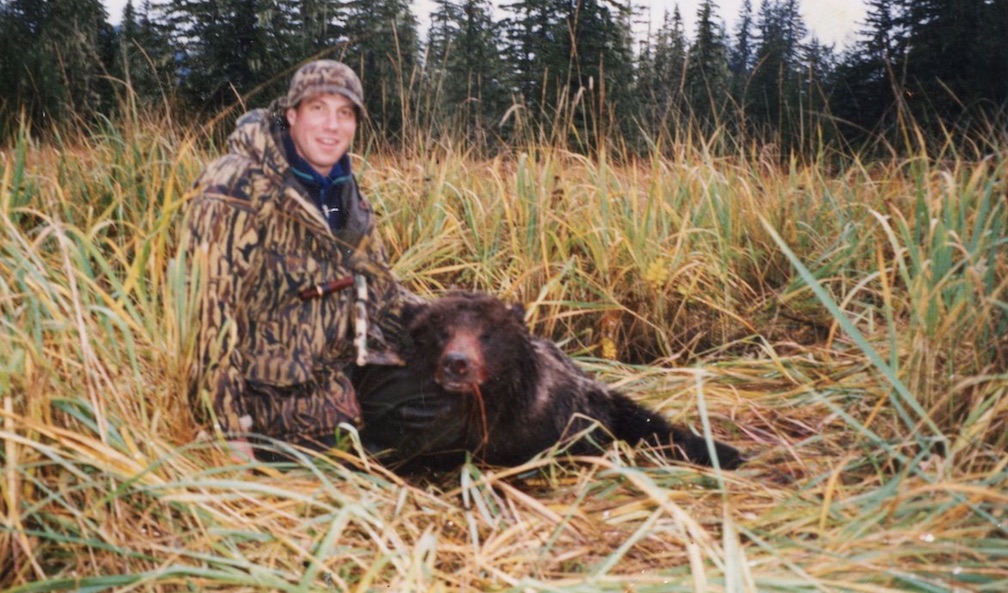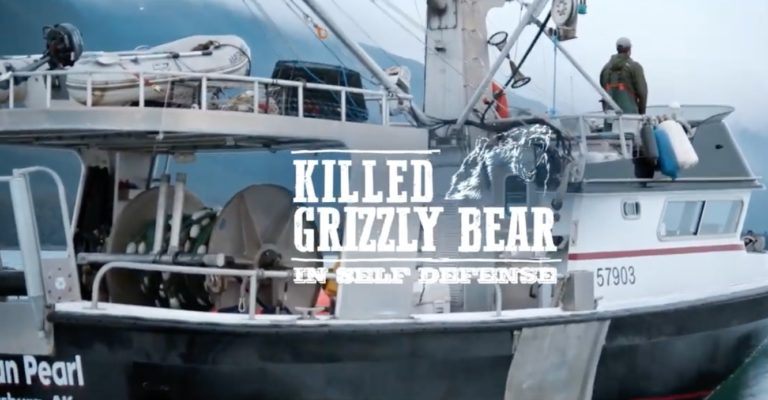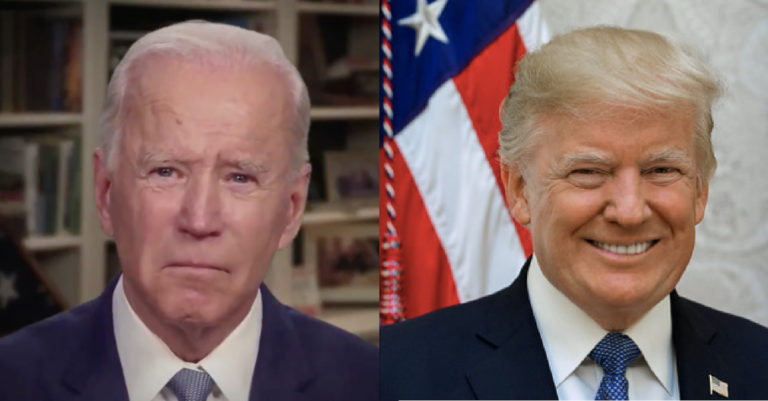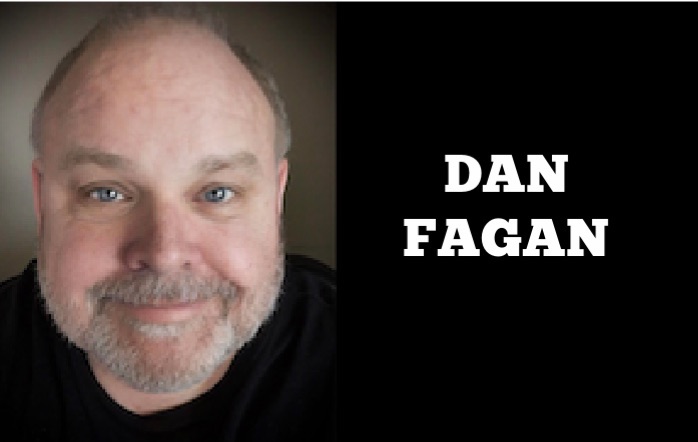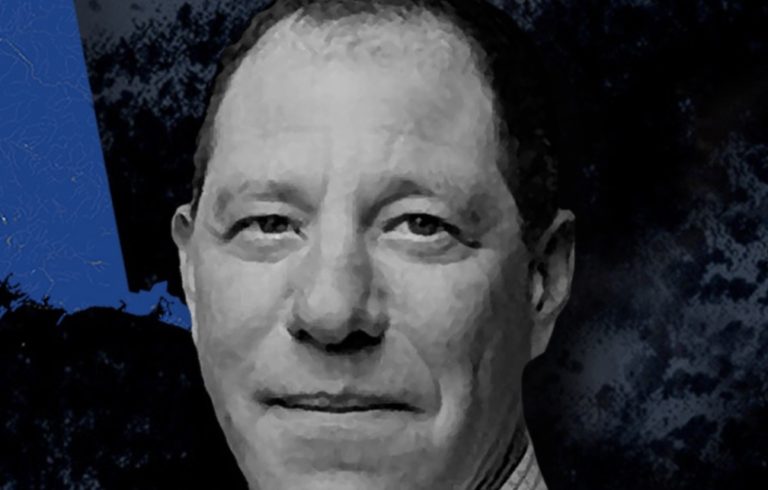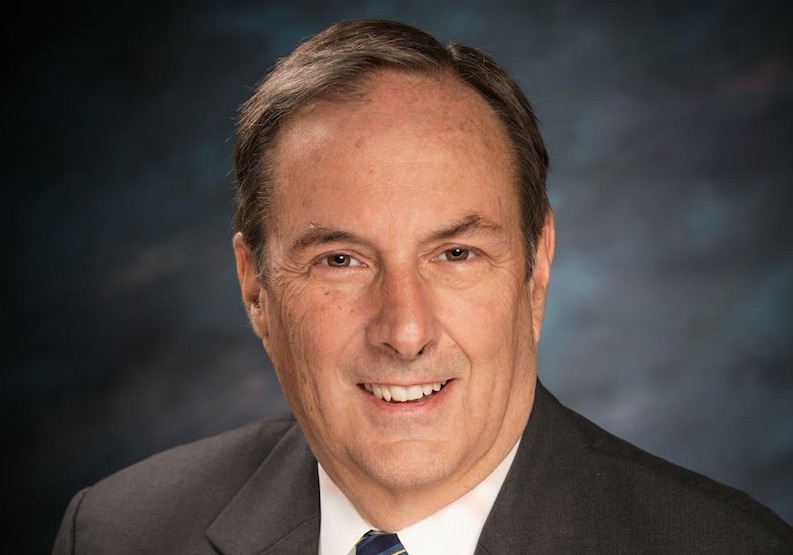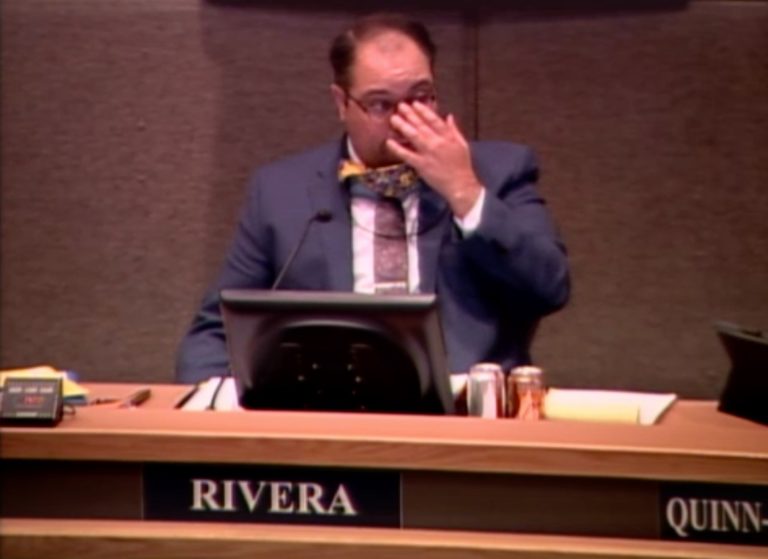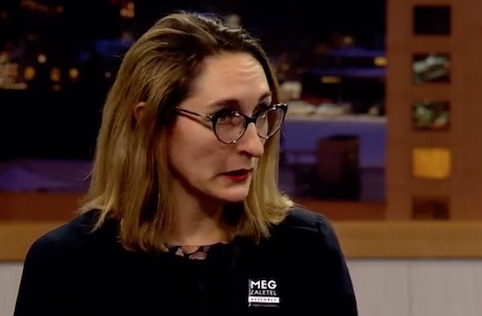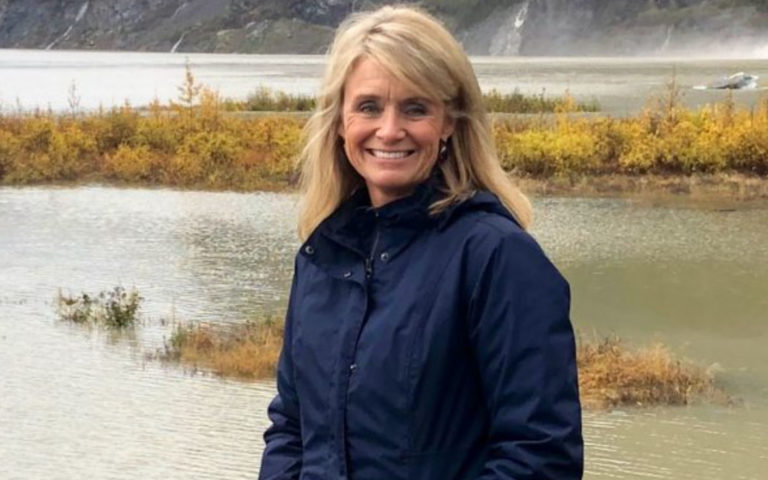CANDIDATE’S PRACTICE COINCIDED WITH CAPITAL OPIOID CRISIS
During the time that Senate candidate Dr. Al Gross was practicing bone and joint medicine in Juneau, an opioid outbreak of epic proportions took hold of Alaska’s Capital City.
At one point, the entire baseball team was in trouble because so many players had been popping OxyContin in a city awash in drugs.
This is the part of his professional medical history that Gross never talks about. What did he see, as a prescriber of these addictive medications? How did that impact his life and his decisions? Has the mainstream media ever inquired about his role in opioid misuse?
The probability is high that at least some of those addictive drugs were prescribed by Gross, either to grandparents, aunts, uncles, brothers and sisters, or to youth themselves.
Many pills get into the hands of the young because the kids find the pain killers in the medicine cabinets of their relatives, and for a couple of decades, opioid prescriptions were easy to come by.
When Gross practiced medicine in Juneau, it was the era when drug companies were rewarding physicians handsomely for prescribing pain meds.
“After almost 20 years of supporting Juneau’s community as a successful Orthopedic Surgeon, Dr. Al Gross left his private Orthopedic practice,” Gross claims on his campaign website.
Gross’ retirement was in 2013, the same year he was sued for medical malpractice, a case that was settled in 2017 for an unknown sum.
What Gross also doesn’t say is that when he went back to college to study health policy, there was a raft of desperate pain pill addicts back in Juneau. Some of them would eventually die from drug overdoses.
He doesn’t mention his role in the epidemic nor discuss the nature of the malpractice suit that coincided with his retirement.
He also does not discuss that he serves as an expert witness in malpractice lawsuits, nor that he owns almost $1 million of stock in Big Pharma companies like Johnson & Johnson. Gross owns $100,000-$250,000 in J&J stock. That company was sued for its involvement in the opioid crisis and ordered to pay $572 million in a landmark opioid trial in 2019.
Instead, Gross talks about health care costs and the need for guaranteed health care for all. In fact, this is where he has put his entire focus, when it comes to his health care policy; in 2017 he started a petition to put Obamacare Medicaid expansion in the Alaska Constitution. That effort collapsed in failure, never making it to the ballot because Gross couldn’t gather the signatures.
But before he became a champion for guaranteed health care for all, he had been earning $2.5 million a year as a surgeon working 3-4 days a week. Nearly half of his income came from referring people to tests on equipment owned by his own clinic, a form of self-dealing that has ethical implications.
According to a report in the Anchorage Daily News by Charles Wohlforth in 2017, Gross earned 500 percent more than his colleagues Outside Alaska, while his expenses were only about 30 percent higher.
Juneau was clearly in an exploding crisis during the time Gross was practicing bone and sports medicine there, raking in his millions.
According to a report from the Juneau Empire, “over a six-year period from 2006-2012, nearly six million prescription pain pills were supplied to the city of Juneau. That’s enough for 27 pills per person, per year. In the entire state of Alaska the number of pills was over 138 million.”
By 2009, high school athletes in Juneau were subjected to a new policy by the school board, that included random testing. In spite of objections from civil libertarians, the crisis had gone too far.
Gross had been working as an orthopedic surgeon in Juneau since the early 1990s, a full decade as the crisis grew around him. There is no trace of him expressing professional concern or community involvement during those years to address the crisis.
“There’s been kids on our team that can’t focus to play a game without using the drug before it,” one player told the school board at the time, as reported by the Juneau Empire.
“It’s not just drugs and sports,” another player said. “It’s throughout the halls, the classrooms, it’s everywhere and out on the streets.”
A school district task force finally recommended that each week the athletes would be subjected to random testing for OxyContin, marijuana, opiates, cocaine, alcohol and tobacco.
A database maintained by the Drug Enforcement Agency, which tracks pain pill distribution, shows even more pills going through Juneau in those years than was reported by the Empire — from 2006 to 2014 there were 7,828,210 prescription pain pills supplied to the Capital City.
Some 2,727,320 of the pills were distributed by Cardinal Health and 4,663,500 were manufactured by SpecGx LLC. Fred Meyer pharmacy received the highest number of pills, the DEA reports.
There is no way to know how many of those pills were prescribed by Dr. Gross, and he was making his millions before strict state tracking systems were put in place.
To be clear, the opioid crisis was exploding in other communities across the country, not just Juneau, as doctors prescribed these powerful pain killers.
During this era, opioid overdose was responsible for one in five deaths among young adults, according to the American Medical Association.
“It was clear to Dr. Al that Alaska’s economy was being held back by these high costs of health care and that the system was rigged against normal folk, and he wanted to get involved to improve it,” Gross writes of his life story as a surgeon in his hometown of Juneau.
“A rigged system against normal folk,” is the Gross description of health care in America. Not a mention of incentivized opioid prescriptions and how they robbed people of their lives and cost the State of Alaska nearly $200 million a year in public safety, therapeutic court, Medicaid, and other costs.
Must Read Alaska is seeking confidential comments from people who may have been overprescribed pain medication or lost love ones to addiction in Juneau, from about 1993-2013. Send an encrypted message to [email protected].
